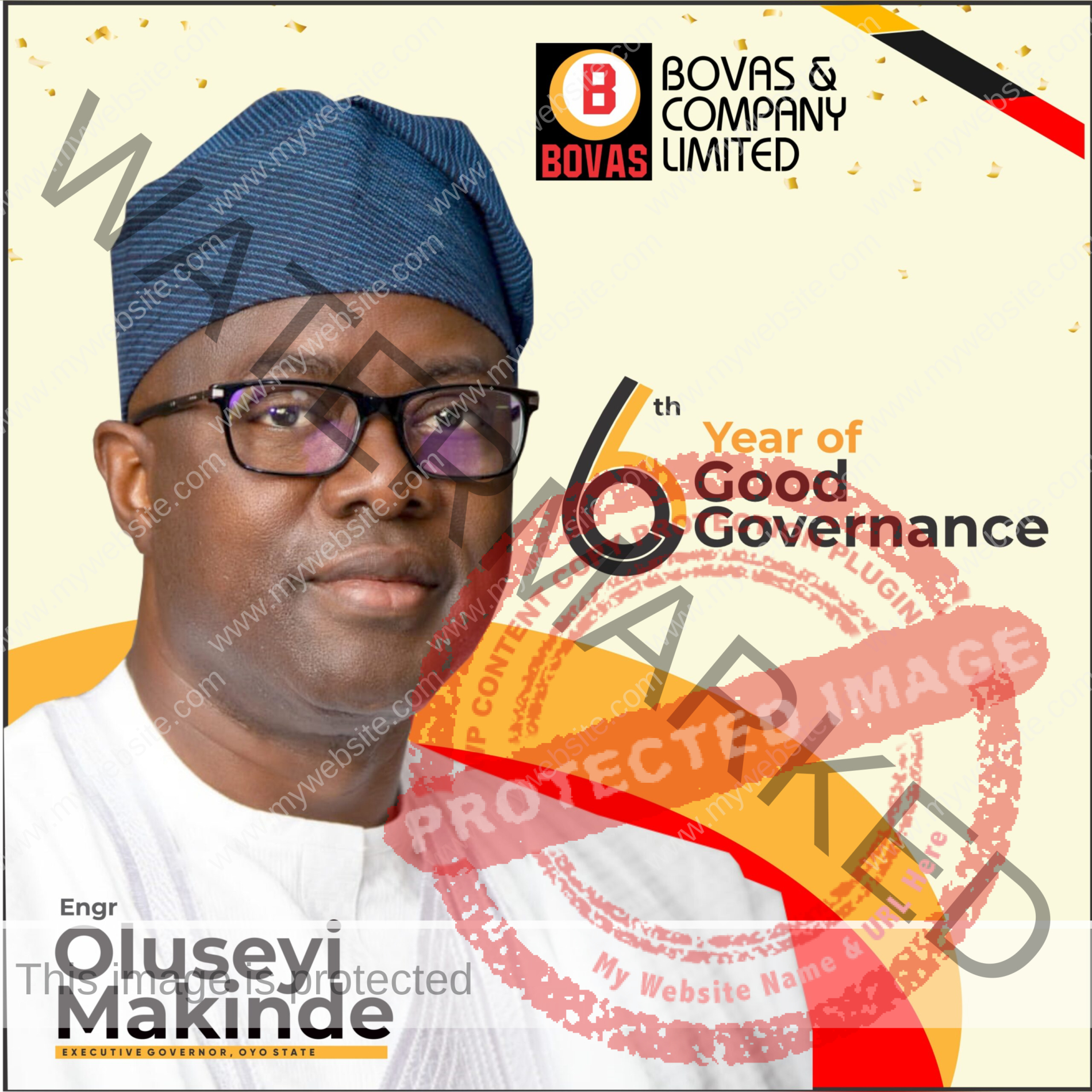
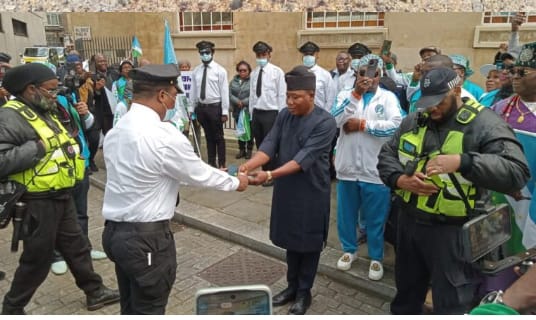
In a significant development, the United Kingdom’s High Commissioner to Nigeria has acknowledged that Sunday Igboho, a prominent Yoruba Nation agitator, has the right to petition the UK government under the law.
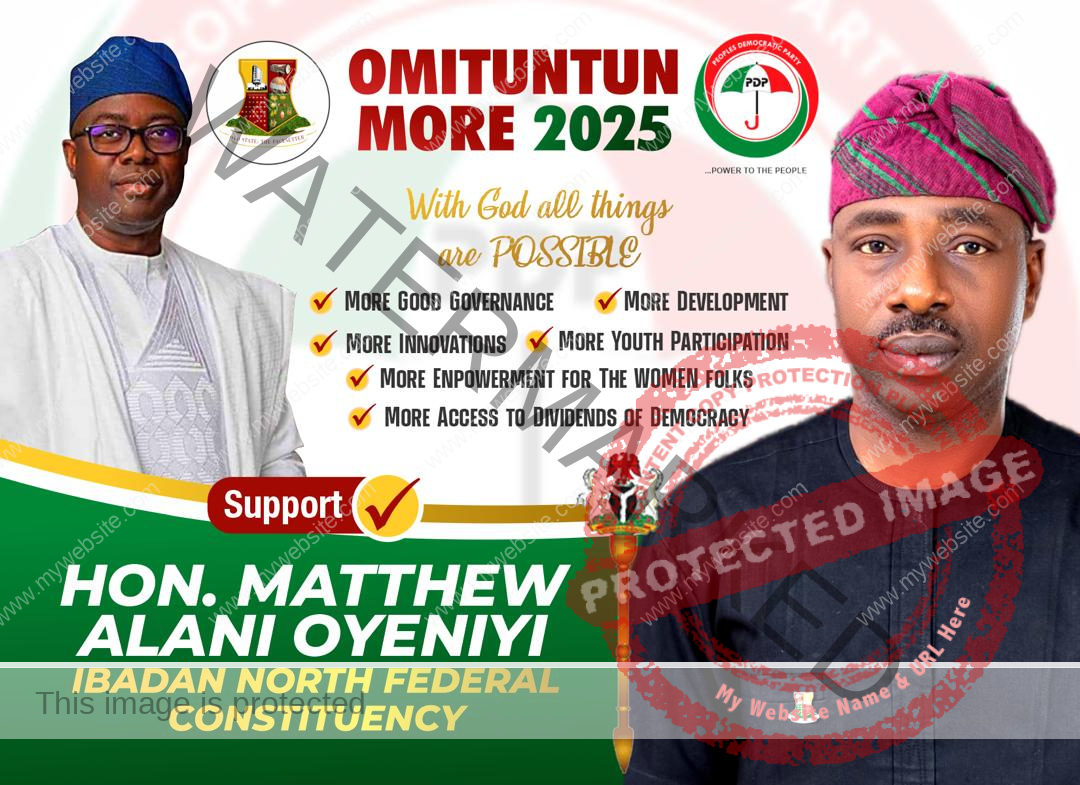
The acknowledgment comes after Igboho submitted a petition to the UK Prime Minister at 10 Downing Street, London, sparking a reaction from the Nigerian government. The petition, submitted on behalf of Prof. Adebanji Akintoye, leader of the Yoruba Nation movement, seeks to bring attention to the Yoruba Nation’s self-determination efforts.
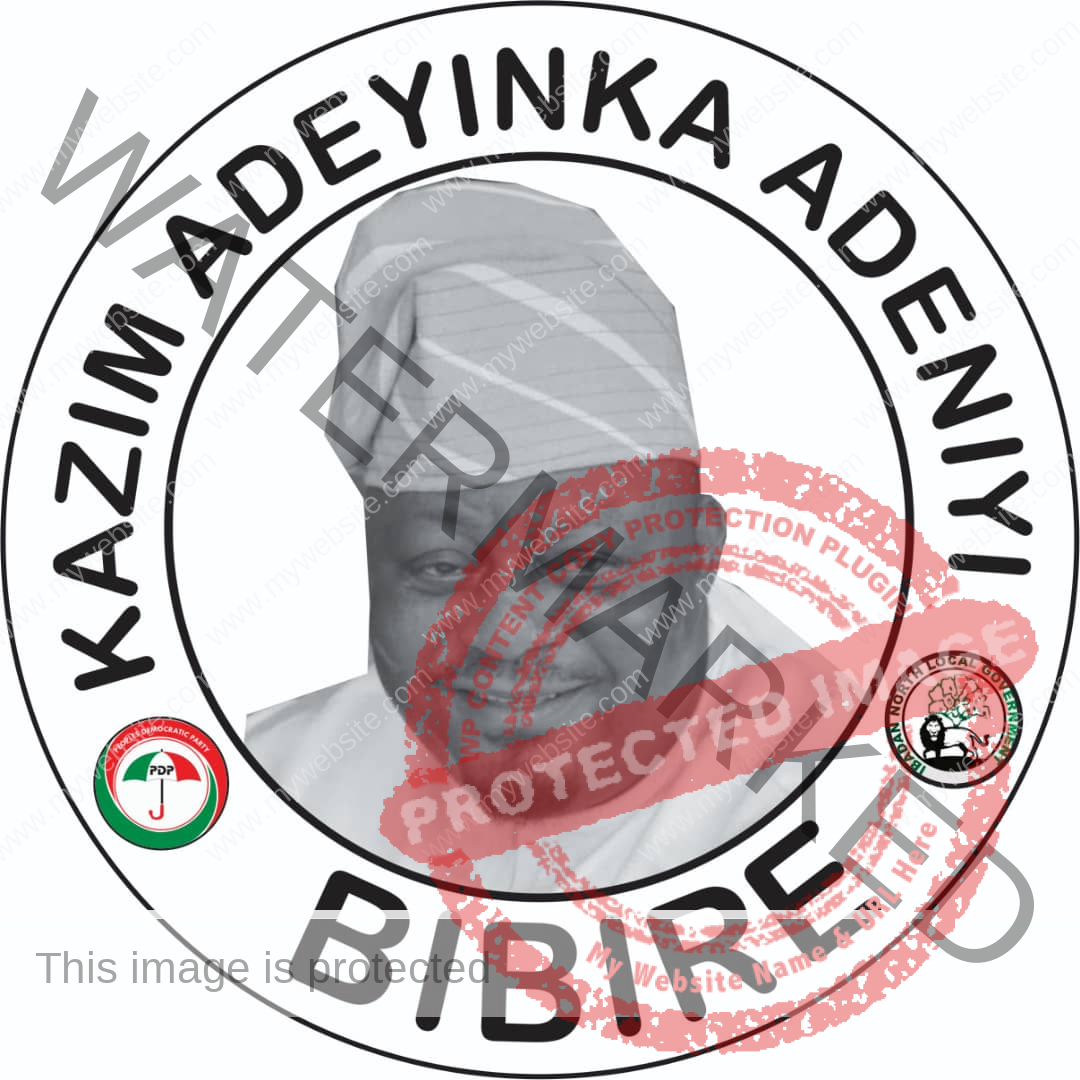
The Nigerian government, through the Ministry of Foreign Affairs, summoned the British High Commissioner in Abuja to discuss the petition. Amb. Eche Abu-Obe, spokesperson for the Ministry of Foreign Affairs, confirmed the meeting in a statement on Tuesday.
During the meeting, the High Commissioner clarified that Igboho’s petition was part of a routine process allowing individuals to submit petitions at 10 Downing Street. However, he emphasized that the UK government does not endorse or interfere with the sovereign affairs of other nations, including Nigeria.
The High Commissioner reiterated the UK government’s stance on non-interference in Nigeria’s internal affairs. He noted that similar petitions in the past had been rejected by both the UK government and its Parliamentary Petitions Committee.
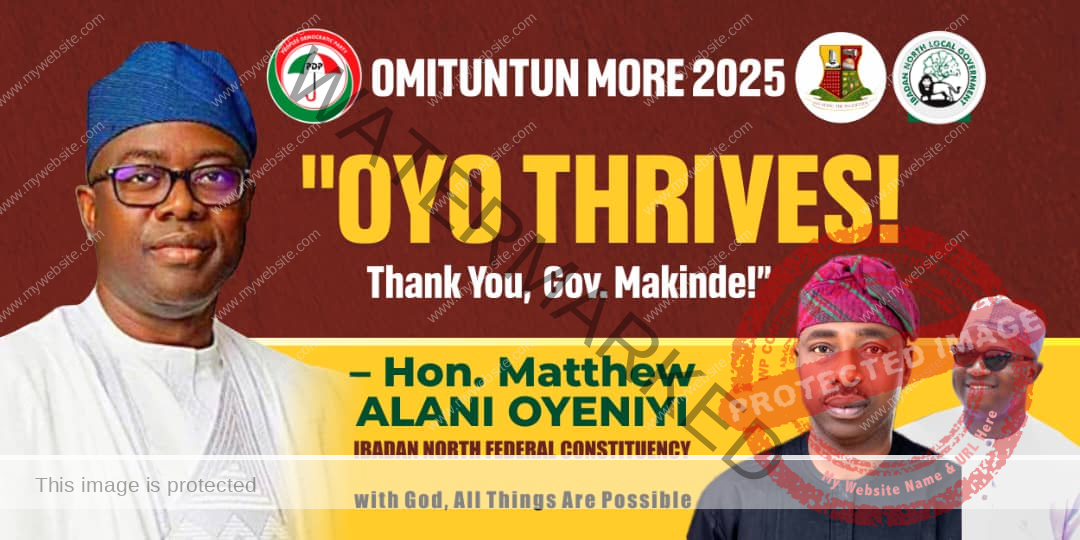
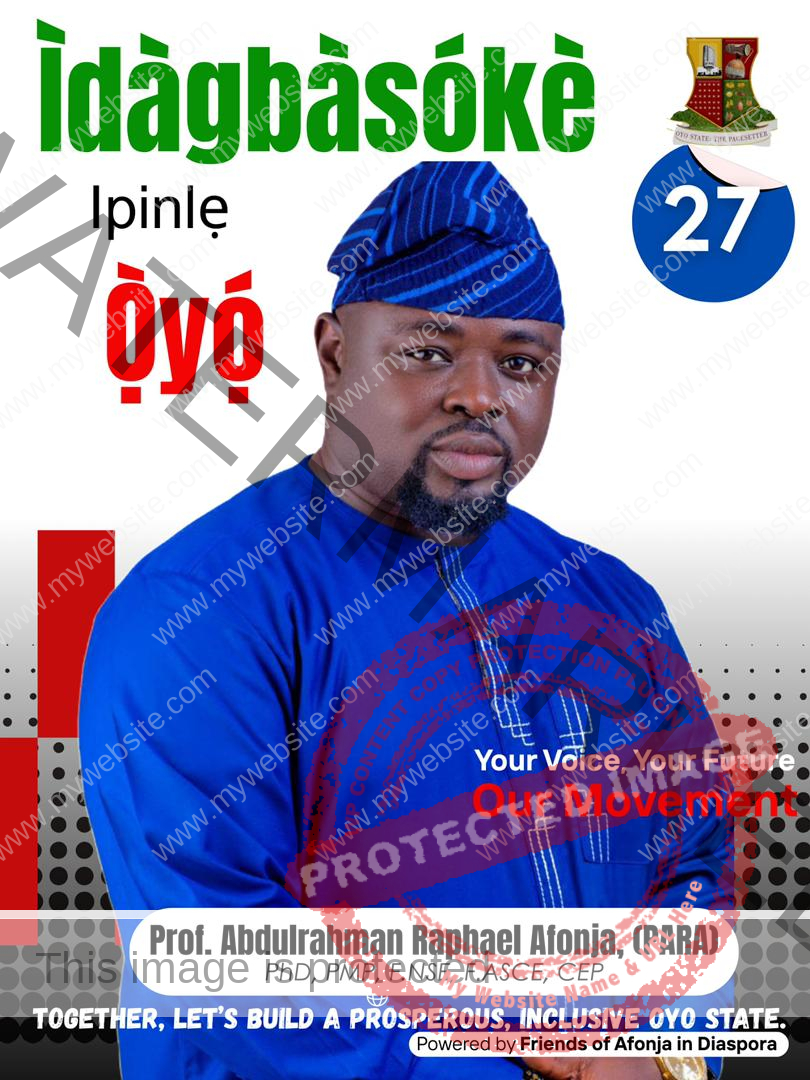
Despite the controversy surrounding the petition, the British envoy expressed his commitment to maintaining open communication with Nigeria’s Ministry of Foreign Affairs. Both parties agreed to continue discussions to address concerns related to the petition.
Igboho’s petition is the latest development in the Yoruba Nation movement’s quest for self-determination. The movement seeks to promote the cultural, economic, and political interests of the Yoruba people.
The development has sparked reactions from the international community, with many observers praising the UK government’s commitment to upholding democratic principles.
“Sunday Igboho’s right to petition the UK government is a fundamental aspect of democratic freedom,” said Dr. Akinwumi Adesina, a renowned international relations expert. “The UK government’s acknowledgment of this right demonstrates its commitment to promoting democratic values.”
The development is expected to have significant implications for Nigeria-UK relations. Analysts predict that the meeting between the Nigerian government and the UK High Commissioner will pave the way for increased diplomatic engagement between the two nations.
“The meeting demonstrates the UK government’s willingness to engage with Nigeria on sensitive issues,” said Amb. Olusola Sanu, a former Nigerian ambassador to the UK. “This development will strengthen bilateral relations between the two nations.”
The acknowledgment of Sunday Igboho’s right to petition the UK government underscores the importance of democratic processes and freedom of expression. As the Yoruba Nation movement continues to gain momentum, the international community will be watching closely to see how the Nigerian government responds to the movement’s demands.
With the UK government’s commitment to non-interference and open communication, the stage is set for a constructive dialogue between Nigeria and the UK on issues related to self-determination and national sovereignty.













